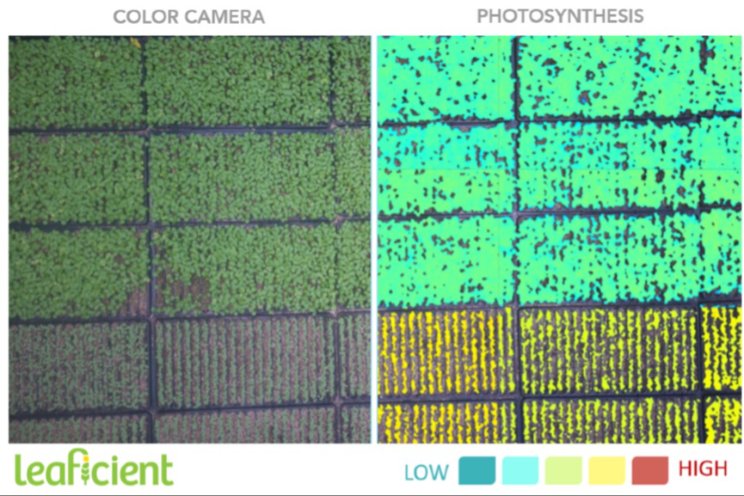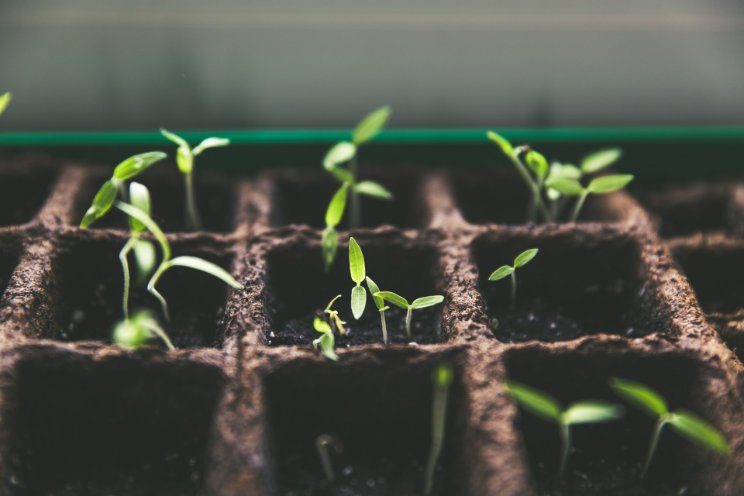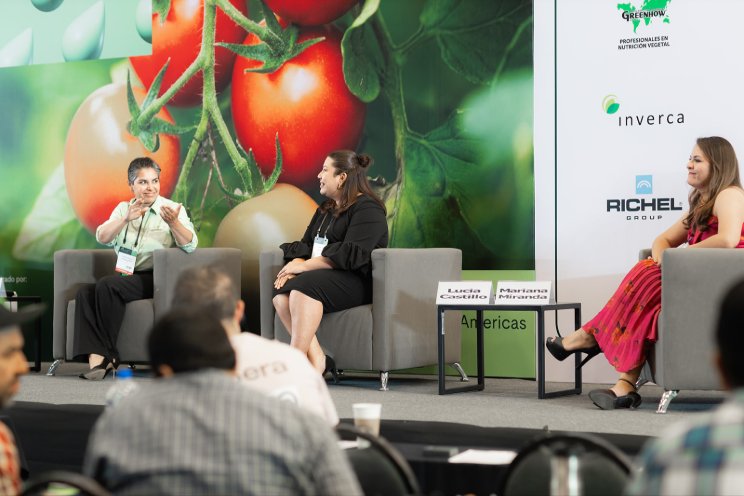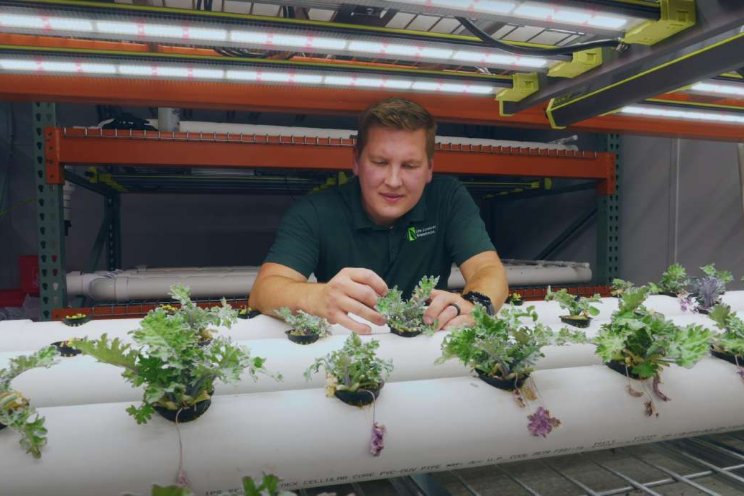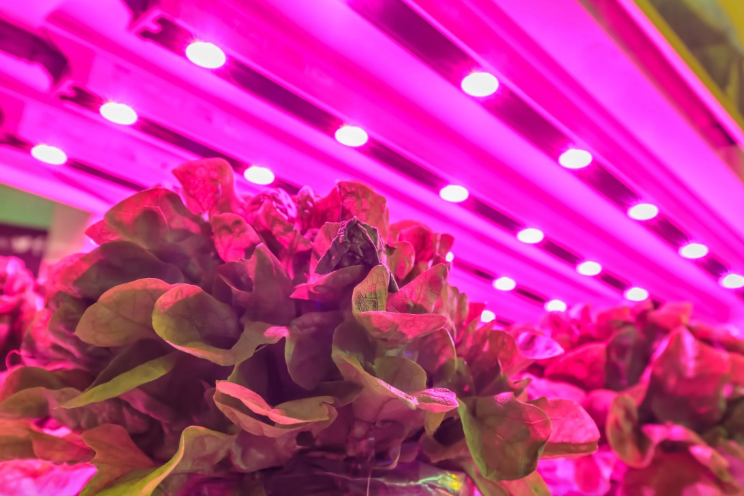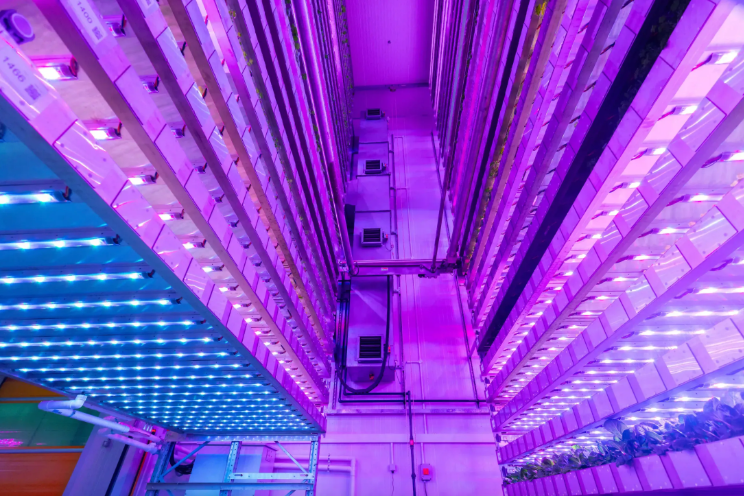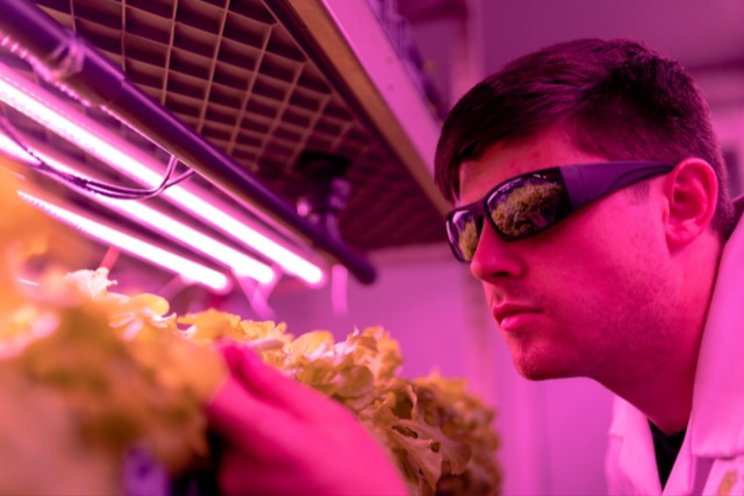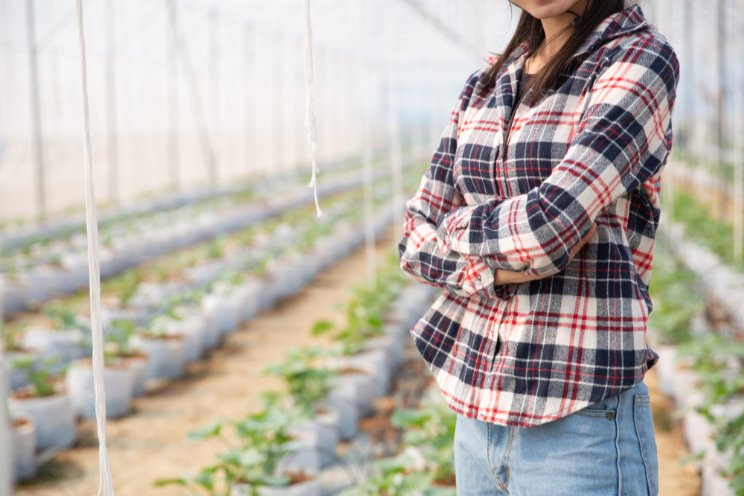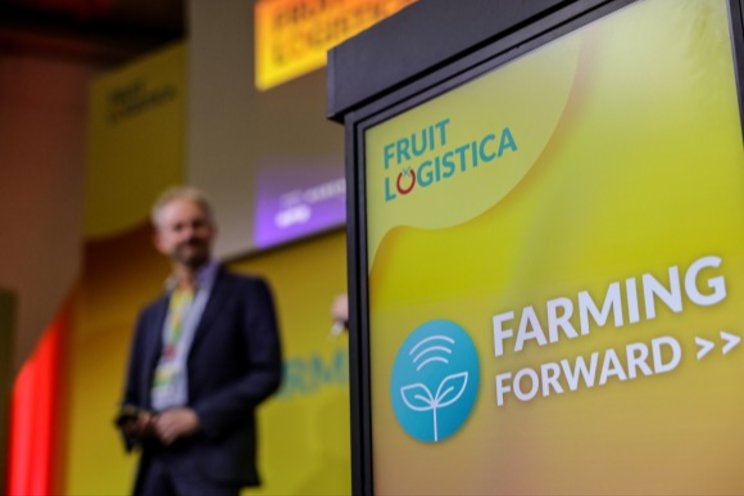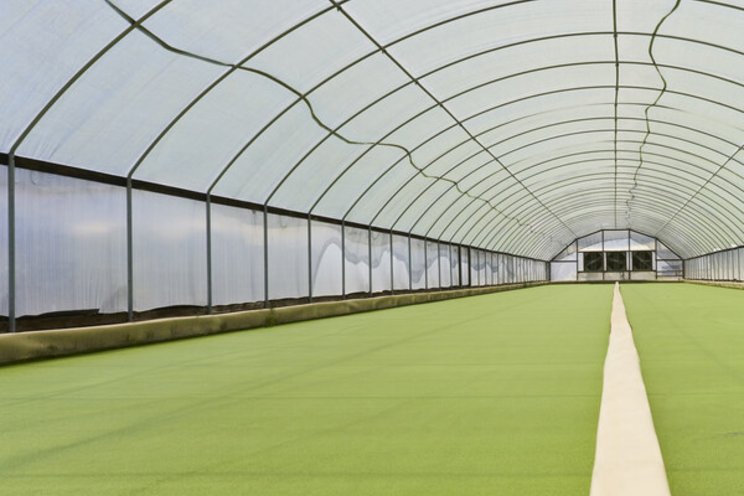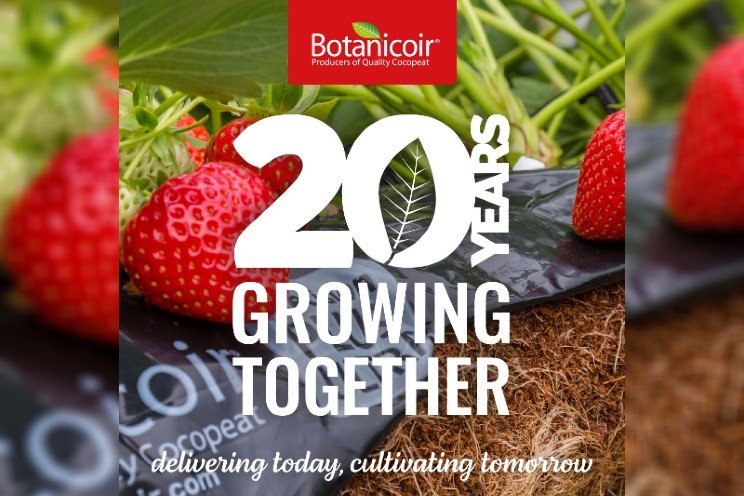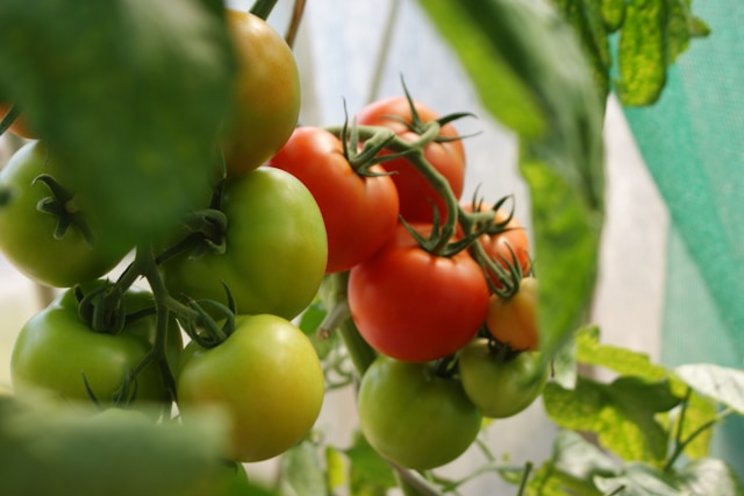Green chemistry
Added on 20 January 2020
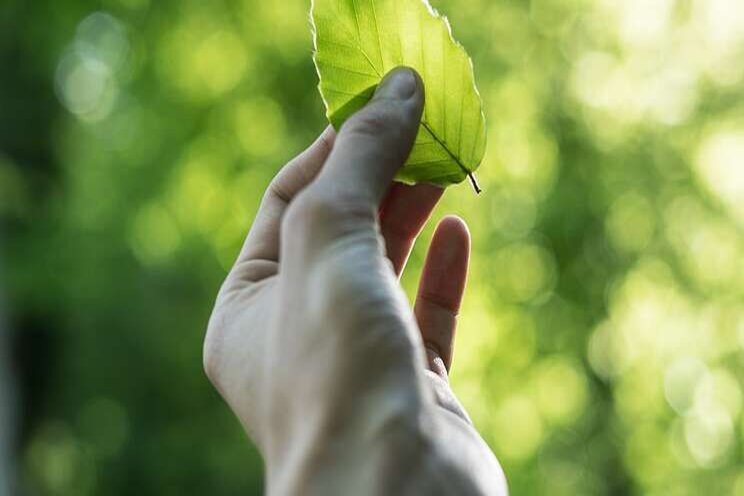
Dishwasher tablets contain polyacrylates, which are petroleum-based chemicals. Researchers from Wageningen University & Research have developed a product based on sugar beet pulp that can be used as a green alternative to these chemicals and help the industry to reduce its CO? emissions. The new product is also biodegradable and less harmful to the environment. 'So we've killed two birds with one stone!' says Jacco van Haveren of Wageningen University & Research. The Programme Manager for Biobased Chemicals and Fuels is involved in the development of biobased products. The chemical industry is seeking raw materials based on biomass to replace petroleum. Examples of these materials are agricultural and organic waste flows. Van Haveren believes they should not delay with the next step, which is to test the new ingredients to ensure that they are harmless and safe.
Harmful substances
Products like cosmetics, detergents, paint and plastic can contain toxic or potentially toxic substances and hormone-disrupting softening agents. These substances can be harmful to humans, animals and the environment. One example of such a substance is the resin used to fix tram rails in their bedding. 'The resin used is based on isocyanates, which are harmful to the workers who install the rails. We have replaced the harmful product with a resin that is partly based on vegetable oils,' explains Van Haveren. The new resin is currently being tested in practice.
Biodegradable bio-plastic
The researchers are also trying to find new biobased ingredients for cosmetics and personal care products. Moreover, many products and packaging materials contain non-degradable plastics. 'We need to increase the use of biobased plastics and recycle as much as we can. Where recycling is not possible, or if the plastic ends up in the environment, we need it to degrade more quickly and completely so that it does not pollute the environment. This is particularly important for products that are only used once or for a very short time,' says Van Haveren. His research team is hoping to find building blocks that can be used to create sustainable alternatives to packaging materials.
" Wageningen is truly unique in that it conducts research into fossil-free, sustainable alternatives to chemical products that are also safe and harmless to the environment. We have the world's most extensive and long-running research programme in this area."
Business and government
Much of the research takes place in collaboration with businesses. 'Some industrial partners do not only want to achieve the necessary CO2 reductions; they also genuinely want to go greener,' says Van Haveren. For many major chemical companies, however, this is still a step too far. 'They are willing to reduce CO? emissions by deploying biomass, but they also want to continue manufacturing the current petroleum-based products. It is hard for them to change.' The government is also supporting research into alternatives to 'substances of very high concern' and harmful substances, a field in which Wageningen has been active for some time now. 'Wageningen is truly unique in that it conducts research into fossil-free, sustainable alternatives to chemical products that are also safe and harmless to the environment. We have the world's most extensive and long-running research programme in this area.'
Click here to watch the short video and further information.
Photo by Tobias Weinhold on Unsplash
</figure>
Source: Wageningen University & Research
More news
